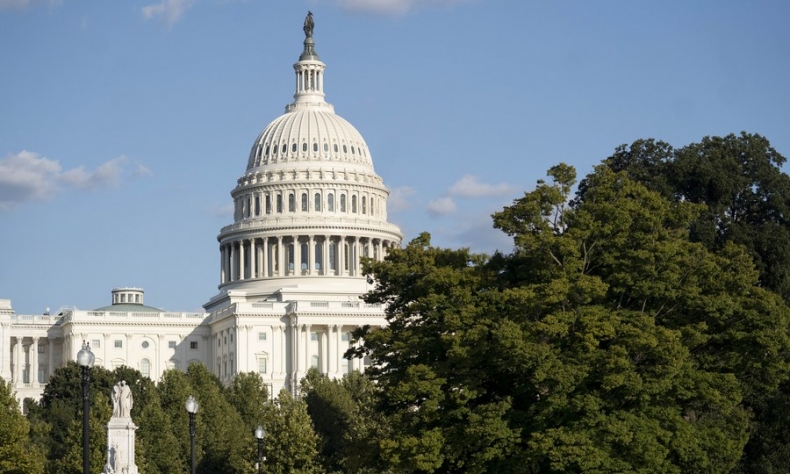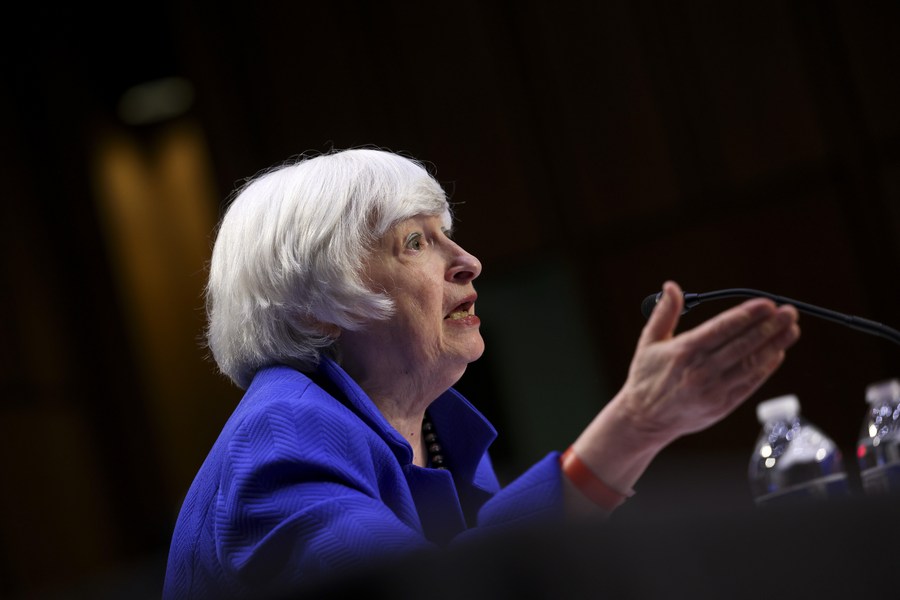Regional Prosperity Must Trump US Power Politics

Once a champion of globalization and free markets, Washington now instead aims to reverse globalization because it deems it no longer to be in its interest.
Last week, U.S. Secretary of the Treasury Janet Yellen commenced her so-called Indo-Pacific tour with a visit to South Korea, where she called for greater decoupling between U.S. allies and China.
The visit marks a growing trend by the United States of politicizing global trade and economics as it attempts to create greater leverage for geopolitical confrontation and force other countries to follow suit in the name of “self-interest.”
But will the U.S. succeed? Geography suggests not. As the world’s second-largest economy, most populous country, and largest trading nation, China is deeply integrated into the economic prospects of its respective neighbors on multiple levels. This includes multilateral free trading arrangements such as the Regional Comprehensive Economic Partnership (RCEP), scores of bilateral trading agreements with numerous U.S. allies, and many other investment and financial-related mechanisms. How can a government not based in the region, which does not possess any scale of similar economic integration, believe it can shift the tectonics of economic reality to suit its interests while offering nothing in return?

The U.S. is violating the fundamental laws of geo-economics in favor of geopolitics, a foreign policy it applies to Asia and the entire world. Once a champion of globalization and free markets, Washington now instead aims to reverse globalization because it deems it no longer to be in its interest. Therefore, it asks other states to try and exclude certain countries from their markets, to choose technology and suppliers based on political preferences, as opposed to cost-effectiveness or quality, and above all, to take political decisions which ultimately prove to be more expensive, involve making sacrifices and offer nothing to the prosperity of the respective countries involved. This, as seen through the surge in global inflation, constitutes one of the biggest threats to the global economy.
In reality, the interconnected economy of the Asia-Pacific has benefited from decades of continuous integration, and this can be the only way forward for its prosperity. The end of the Cold War allowed a once deeply divided region to come together, pool together resources, and build a common future. The United States attempts to unravel this by demanding some countries “take sides.” This cannot be the way forward.
In the case of China and South Korea, both countries are neighbors who have formed one of the largest and most prosperous economic relationships in the region and the world. The potential dismantling of this would be disastrous to both countries. The relationship should not be sacrificed in the name of geopolitics, let alone because the U.S. is not prepared to offer any additional market access or incentives.
The region’s countries should work together to ensure a more promising regional development instead of creating divisions. An Asian economic future without the most important players is inconceivable.
 Facebook
Facebook
 Twitter
Twitter
 Linkedin
Linkedin
 Google +
Google +







